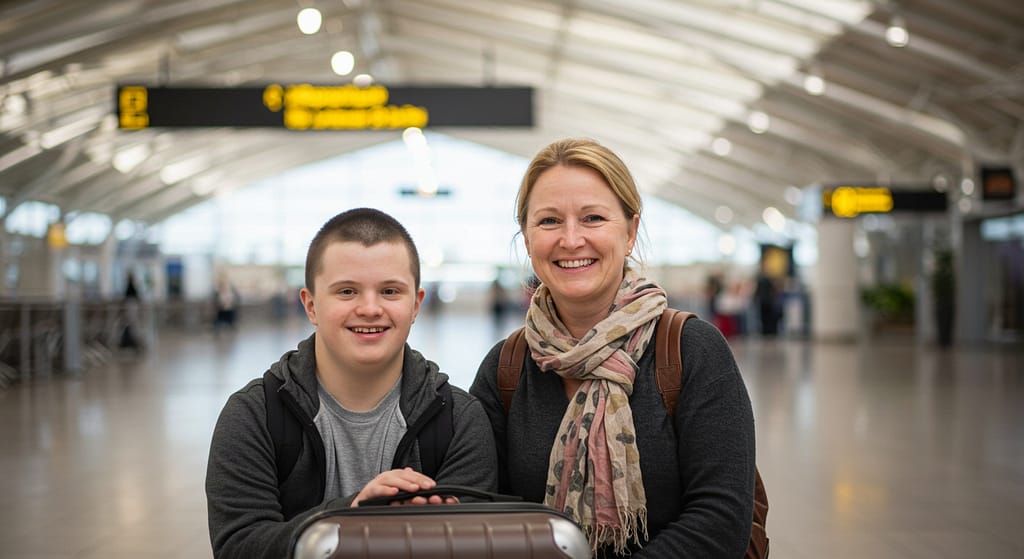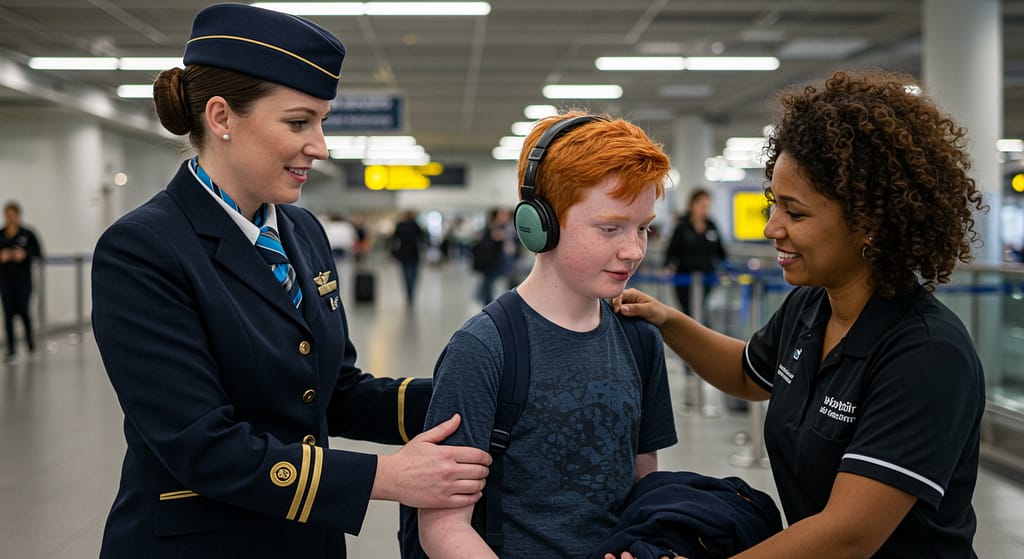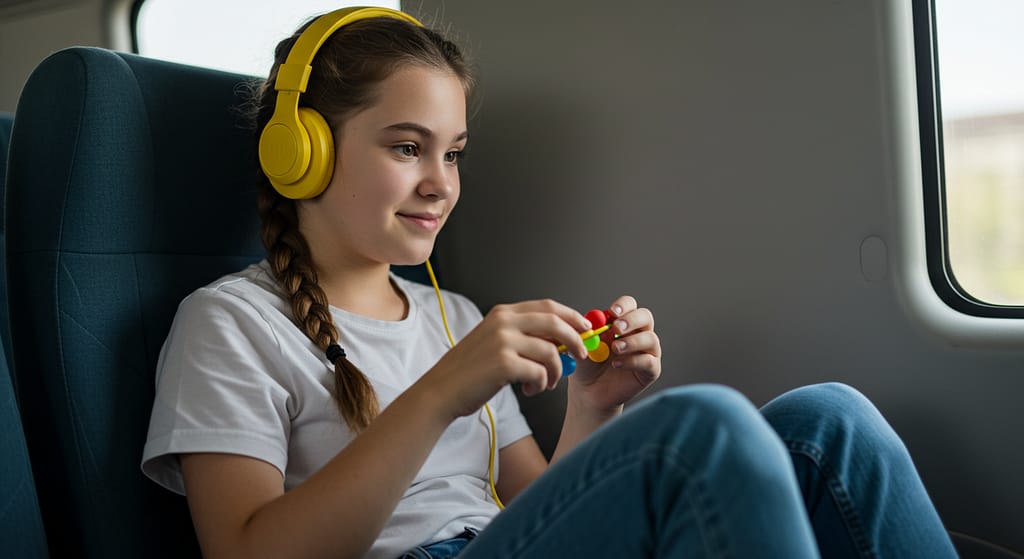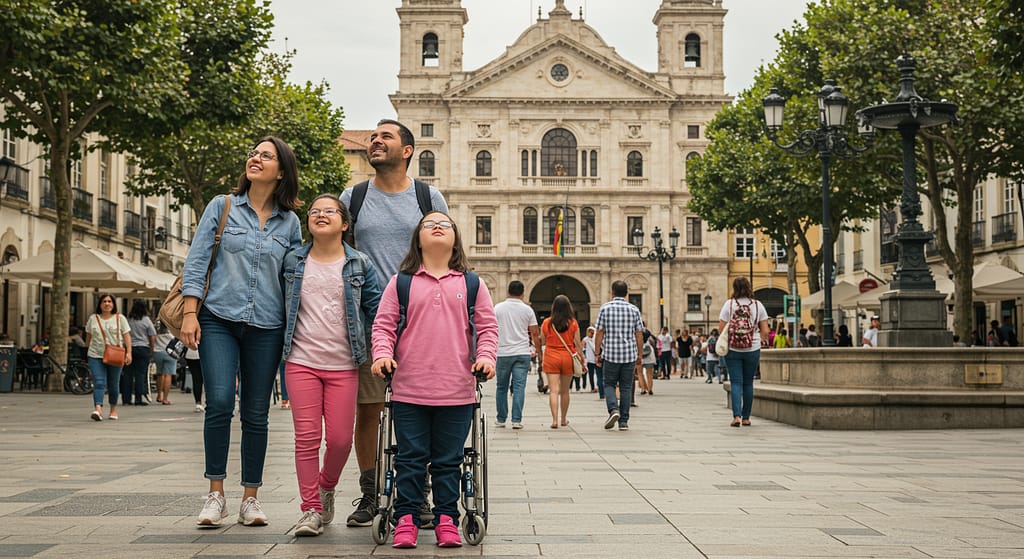Traveling with Compassion and Confidence
Traveling with your intellectually challenged teenager can be a deeply rewarding experience—but it also comes with unique challenges. From unfamiliar environments to new sensory experiences, your teen may feel overwhelmed or confused. Likewise, the public may not always respond with understanding, which can add to your stress as a parent or caregiver.
That’s why preparation is key. With thoughtful planning, a supportive attitude, and the right tools, you can help your teen enjoy the journey just as much as the destination.

Start Preparing Early
Begin at least one month in advance by introducing the concept of the trip. Whether you’re visiting family or heading on vacation, talk regularly about the destination. Show photos, maps, or videos. If visiting relatives, play recordings of their voices to help create familiarity.
Even if your teen doesn’t seem to fully understand, the repetition and exposure will help reduce anxiety. Normalize the idea of travel by incorporating the trip into daily conversations.

Practice Makes Progress
If flying, contact your airport at least two weeks in advance to request a pre-flight orientation. Many airports offer tours for travelers with special needs to help them become familiar with check-in, security, and boarding procedures.
Also, notify the airline in advance. Let them know that your teen may require assistance or patience while adjusting to the travel environment. Many carriers have programs specifically designed for passengers with cognitive differences.

Create Comfort and Familiarity
Make your teen’s travel experience feel as home-like and predictable as possible:
- Let them bring familiar items like their favorite blanket, stuffed animal, or calming toy.
- Encourage them to listen to music or play games they enjoy on a CD player, tablet, or phone.
- Pack comfort snacks and preferred foods in case meal options are limited or unappealing.
Discuss the trip with your teen’s doctor and therapists before leaving. They may offer personalized advice, medication plans, or written instructions to help manage transitions, behaviors, or sensory triggers.

Navigating Cultural Differences
If you’re traveling internationally, take time to learn about the cultural attitudes toward mental disabilities in your destination country. Sadly, not all regions offer inclusive or empathetic environments. In places where there’s a risk of discrimination or misunderstanding, it may be safer—and more comfortable—for your child to stay with a trusted friend or relative at home.
When bringing your teen along, research inclusive accommodations, transport, and attractions. Many travel agencies now specialize in accessible tourism and can provide valuable resources.

Final Thought: Travel Is a Learning Adventure
Traveling with an intellectually challenged teen isn’t always easy—but with preparation, patience, and planning, it can be a meaningful and enriching experience for your whole family. Remember: You know your teen best. Adjust your plans to suit their needs, and be proud of every step they take toward embracing new experiences.
If needed, don’t hesitate to seek support or consult your healthcare team before traveling. With the right tools and mindset, your teen can thrive on the road—and so can you.

